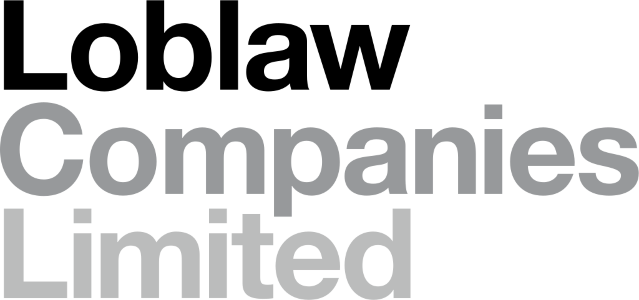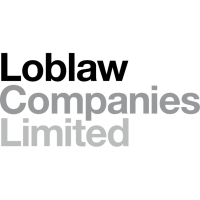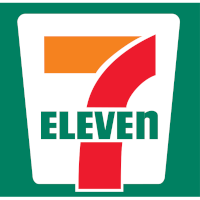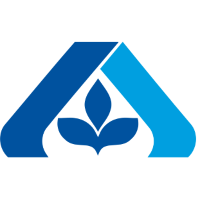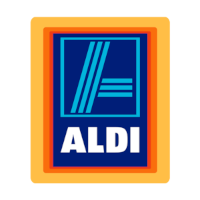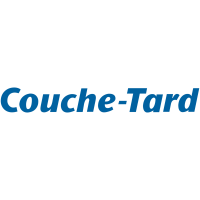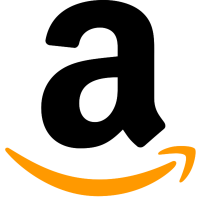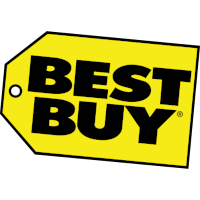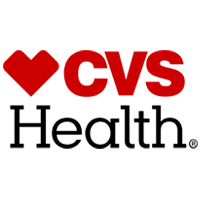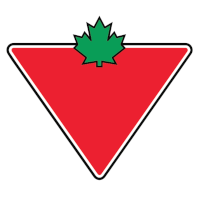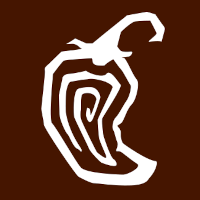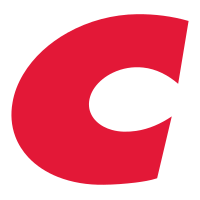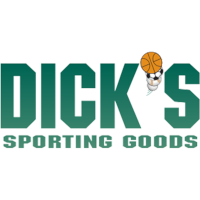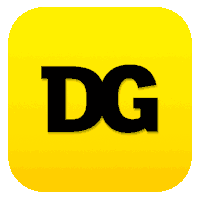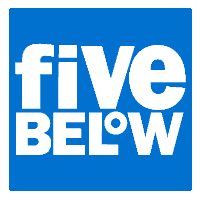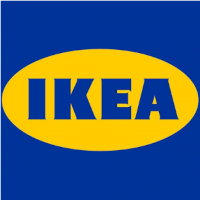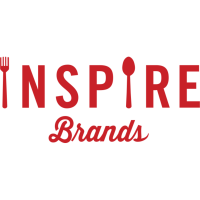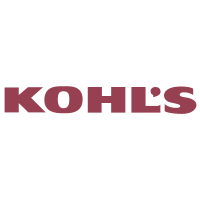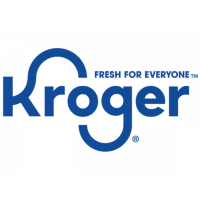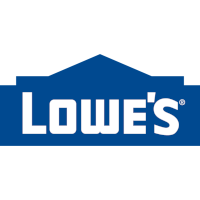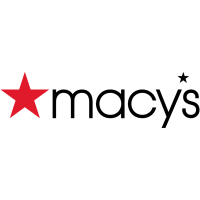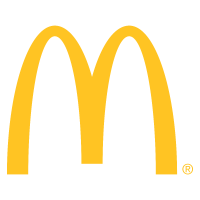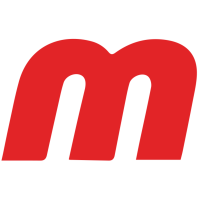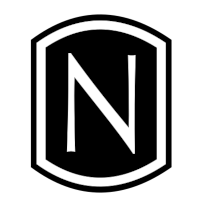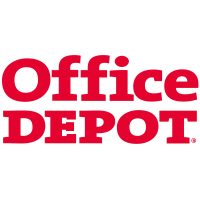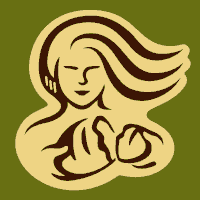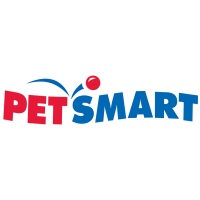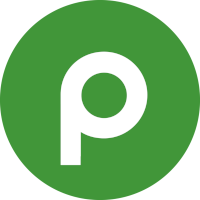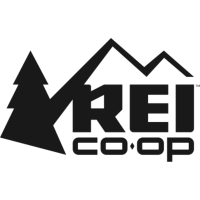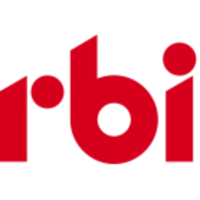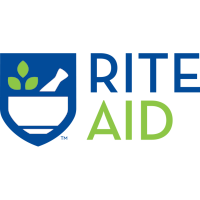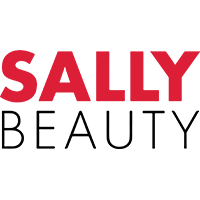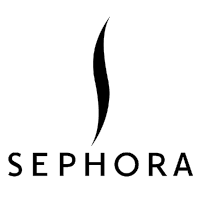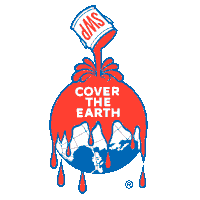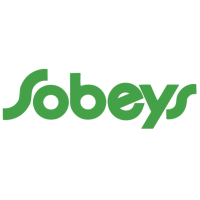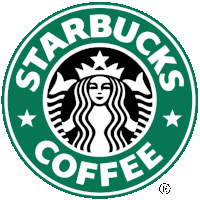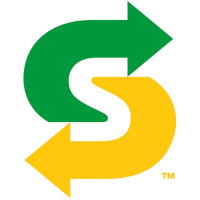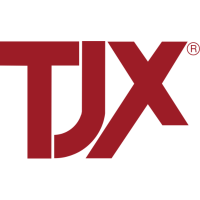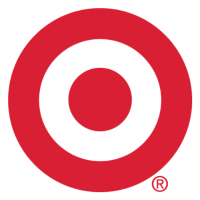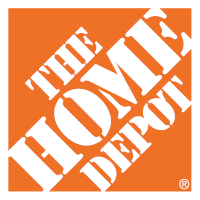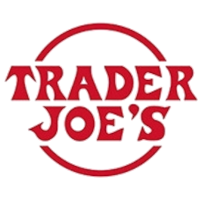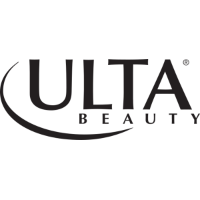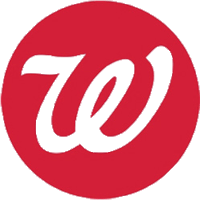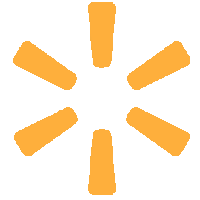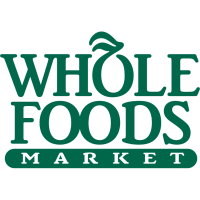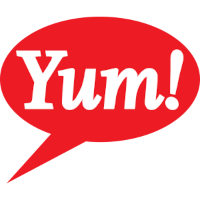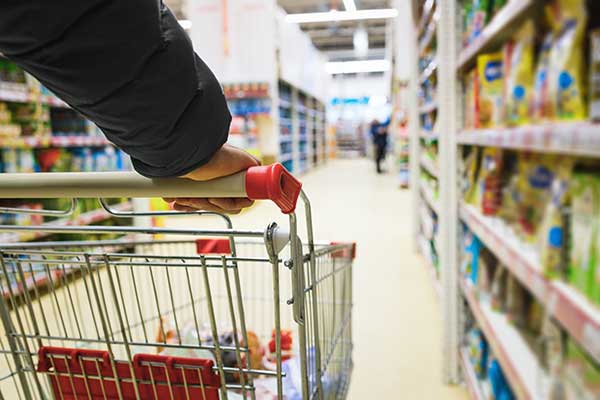Subsidiaries of Loblaw
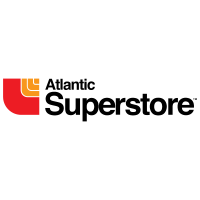
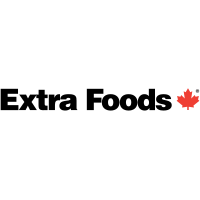
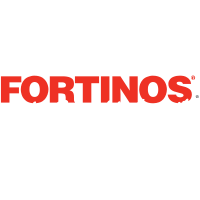
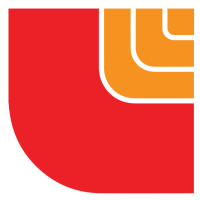
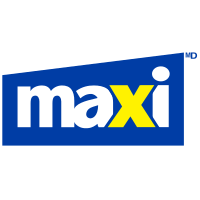
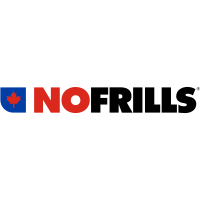
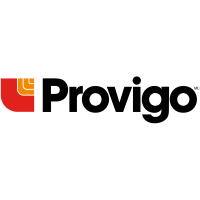

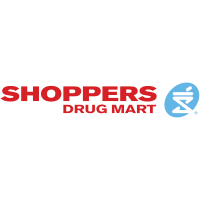
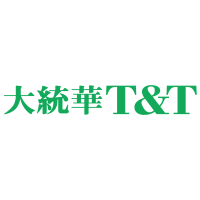
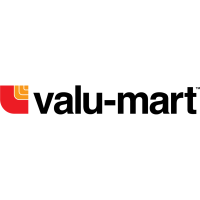
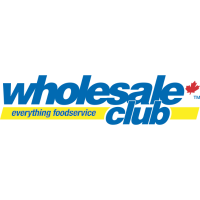
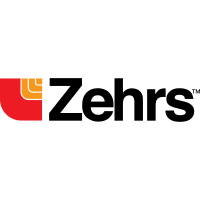
Key Findings and Recommendations
- Corporate Commitment: Loblaw’s chemicals policy does not commit to avoiding chemicals of high concern as defined by hazard criteria beyond regulatory compliance in products, packaging, or operations. The policy does state that it is committed, where possible, to offering choices that meet its customers’ expectations. The company maintains a performance-based environmental management system, overseen by its Compliance and Ethics department, to ensure compliance with company policies. Loblaw’s private-label brand Joe Fresh is a member of Cascale (formerly the Sustainable Apparel Coalition), and Loblaw is a founding member of the Canada Plastics Pact. Loblaw should commit to avoiding chemicals of high concern using hazard-based criteria, with an explicit preference for safer alternatives.
- Transparency: There is no indication that Loblaw requires suppliers to disclose chemical ingredients or plastics to the retailer or consumers, nor that it requires testing to ensure products are free of hazardous chemicals or plastics beyond regulatory compliance. Loblaw does highlight its private-label President’s Choice cleaning products formulated without parabens or sodium laureth sulfate with its Planet First label. Loblaw should require ingredient disclosure, verify accuracy, and evaluate its chemical footprint.
- Ban the Bad: Loblaw restricts BPA in its private-label President’s Choice baby products; bisphenols in receipt paper; and intentionally added phthalates, triclosan, and plastic microbeads in its private-label Lifebrand and President’s Choice household, beauty, and cosmetic products. It also has replaced plastic hangers with wood for most apparel categories and has replaced plastic corners for banana boxes with cardboard. In 2022, Loblaw reported that it has fully eliminated bisphenols in receipt paper. Loblaw should set public, quantifiable goals for reducing and eliminating chemicals of high concern or plastics of high concern and publicly report on its progress in meeting those goals.
- Safer Solutions: There is no indication that Loblaw has supported the development or sale of safer products. Loblaw should work to ensure substitutes for chemicals and plastics of high concern are safer for the health of consumers, communities, workers, and the environment.
2024 Detailed Analysis of Loblaw
Corporate Chemicals Policy
Adopted a safer chemicals policy
Oversight
Established management oversight
Chemical Footprint Project (CFP)
Participated in the CFP
Collaboration
Actively participates in collaborative process to promote safer chemicals
Public Policy Support
Supported governmental policies to reduce chemicals or plastics of high concern
Supply Chain Disclosure
Brands report use of chemicals or plastics in products or packaging to retailer
Supplier Accountability
Ensures supply chain accountability for chemicals or plastics restrictions
Consumer Disclosure
Brands disclose use of chemicals or plastics to consumers
Chemical Footprint Calculation
Publicly disclosed its chemical footprint
Restricted Substances List (RSL)/Manufacturing Restricted Substances List (MRSL)
Reduction/Elimination Goals
Chemicals and Plastics Reduction
Reduced or eliminated toxic chemicals or plastics of high concern
Safer alternative definition
Adopted a definition of safer alternative consistent with Washington state
Investment in Safer Solutions
Invested financial resources to advance and drive development of safer solutions
Implementation of Safer Solutions
Replaced chemicals or plastics of concern with safer solutions
Quantified Safer Products
Measured and disclosed progress towards safer products
How does Loblaw compare to its competitors?
Previous Grade History
NOTE: Our evaluation criteria changed in 2024. The scores from previous review years through 2021 are based on a different set of criteria measured.
Click or tap on a grade year to review additional details (where available).

